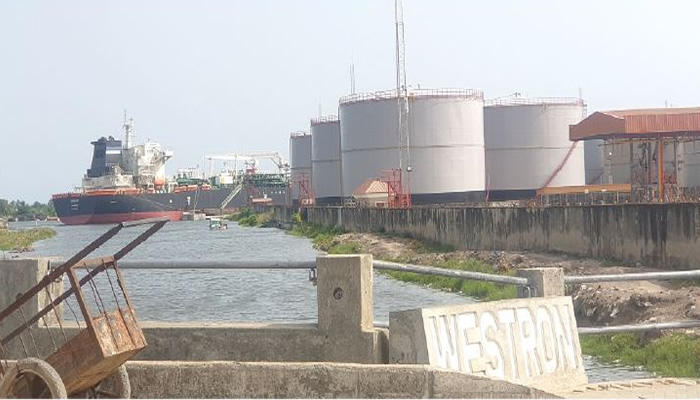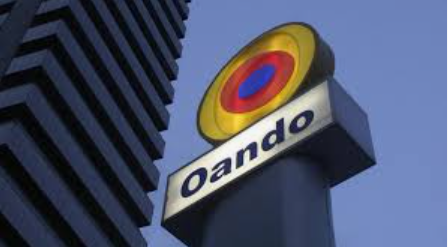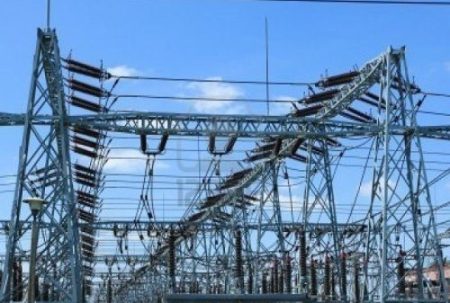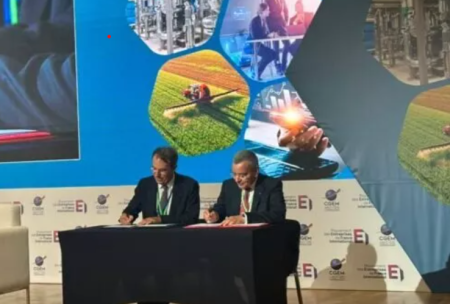The Nigerian Ports Authority (NPA) recently announced the arrival of two vessels at Tincan Island Ports in Lagos State, carrying a significant quantity of Premium Motor Spirit (PMS), amounting to 40,766,400 litres. This influx is part of ongoing shipping activities aimed at meeting the nation’s fuel demands. In addition to these vessels, the NPA detailed that between November 1 and November 8, 2024, a total of ten vessels with diverse cargoes are scheduled to arrive, underscoring the busy nature of the ports during this period.
Among the ten vessels expected, three are specifically designated for transporting vehicles. Notably, two of these vessels will bring in 600 units of used vehicles, while one vessel is set to deliver 600 units of new vehicles. This significant supply of vehicles indicates a continued demand in the Nigerian automotive market and highlights the role of the ports as central to the country’s vehicle importation activities.
The remaining vessels will carry a variety of other commodities aimed at replenishing essential supplies in the market. Among these are consignments of Automotive Gas Oil (AGO), commonly known as diesel, as well as containers and bulk shipments of wheat. This diverse range of imports reflects both the logistical capabilities of the ports and the varied needs of the Nigerian economy, which includes significant agricultural and transportation sectors that rely heavily on these imports.
To facilitate the unloading and distribution of these cargoes, the nine vessels are scheduled to berth at several key terminals in Lagos State. Notable locations include Kirikiri Lighter Terminal, Five Star Logistics, Ports & Terminal Multipurpose Limited, Josepdam Ports Service Limited, and Tincan Island Container Terminal. The strategic positioning of these terminals plays a critical role in enhancing the efficiency of port operations and ensuring timely access to essential goods.
The operations of the NPA and the influx of these vessels are vital for maintaining the flow of goods into Nigeria. Furthermore, the expected cargoes are crucial for various sectors that depend on the continuous supply of fuel, vehicles, and agricultural products, demonstrating the multifaceted role the ports play in supporting the nation’s economy and trade dynamics.
As the shipping activities continue, it is important to recognize the intricate logistics and planning involved in managing such substantial inflows. The NPA’s initiative to keep the public informed through updates, such as the “Daily Shipping Position,” highlights their commitment to transparency and operational efficiency, fostering a better understanding among stakeholders regarding the port operations and the broader economic impacts tied to these shipments.














